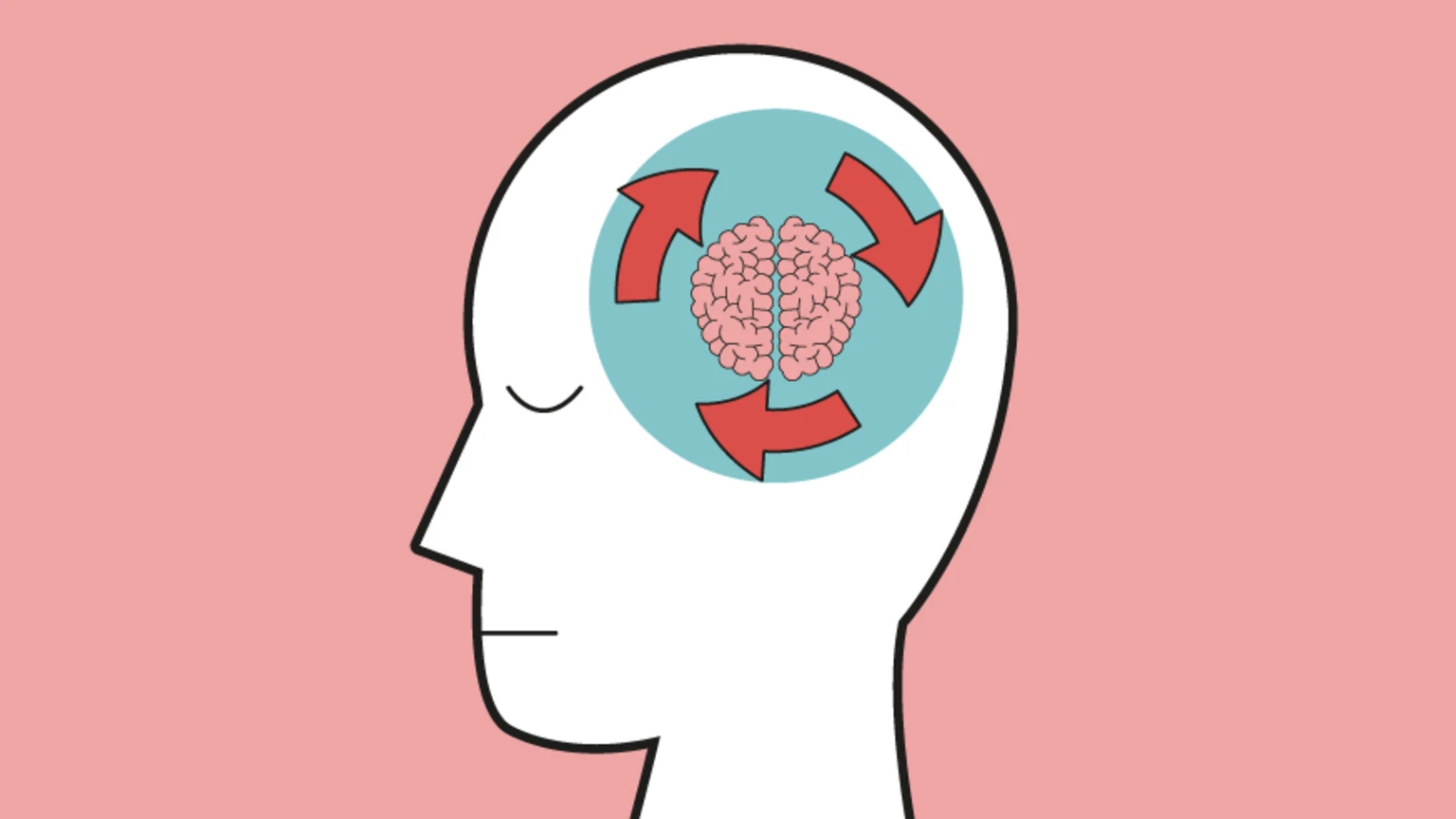Sharp Neurocognitive Research Center
Our vision is to expand research into the future by integrating scientific advancements, community connections and new opportunities for growth, knowledge and education.

Helping to find a cure for Alzheimer’s disease
Our innovative research center strives to find treatments for neurocognitive disorders, including Alzheimer’s disease, by conducting novel clinical trials. We also offer free memory screenings (in English or Spanish) for older adults who are concerned with their memory or interested in establishing a baseline for monitoring.
We have historically conducted more than 300 clinical trials dedicated to developing new and more effective therapies for neurocognitive and mental health conditions. As a participant, you will receive study-related medical and behavioral evaluations. Your participation and personal information are always kept strictly confidential. Read our frequently asked questions to learn more.
Each trial is vital to discovering treatments that can enhance the lives of not only the participants themselves, but others with similar conditions.
Clinical trials
We are currently enrolling participants between the ages of 55 and 90 for a study to examine the safety and efficacy of ML-007C-MA, an investigational drug to treat hallucinations and delusions in Alzheimer's disease psychosis.
To learn more, email clinical trials specialist Esteban Gonzalez at esteban.gonzalez@sharp.com or call 858-836-8370.
Learn about our memory screenings
If you're concerned about changes in your memory, our free screenings help detect early signs of memory loss and other cognitive issues.
A team you can trust
The Sharp Neurocognitive Research Center team includes caring and experienced clinical research specialists who assist each participant throughout their study experience.
Our study coordinators hold degrees in the medical and mental health fields and are skilled in working with individuals with neurocognitive and mental health conditions.
Sharp Neurocognitive Research Center team:
Principal investigator: Dr. Paulette T. Cazares, MD, MPH
Department lead and lead clinical trials specialist: Mark Dobrina, BS, LPT, CCRC
Advanced clinical trials specialist: Tonya Bell, BSN, RN, CCRC
Clinical psychologist and neurocognitive rater: Gillian Stavro, PhD
Clinical trial specialists:
Maria Nunez, MS, CCRC
Sofia Menendez, BA, CCRP
Esteban Gonzalez, MS
Clinical research assistants:
Ekaterina Kirik, AS, BA, MBA
Monalisa Martinez, CPT-I
How to find us
Sharp Neurocognitive Research Center
8010 Frost St, Suite 400 San Diego, CA 92123
Get directionsClosed
- opens 8:00 amRead our brain health stories

7 ways to support brain health
A Sharp psychologist shares quick tips to help boost brain health as we get older.

Memory loss? There’s a screening for that.
Why early detection of memory changes matters more than ever.

Tips to improve your attention
The ability to focus is important, yet often difficult to do. Understanding the levels of attention can help you master it.